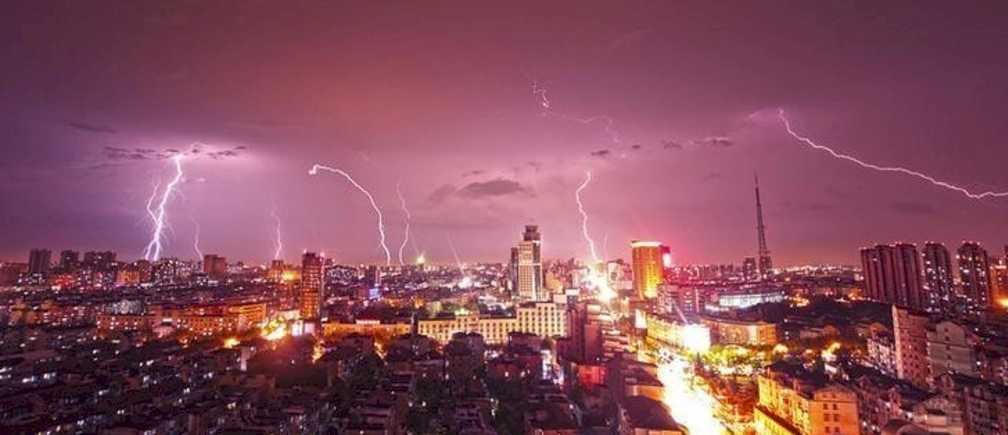
Weather patterns have been changing significantly over the past few decades. The world is experiencing more frequent and intense weather events such as hurricanes, heatwaves, droughts, and flooding. These changes have been attributed to global warming and climate change, which are caused by human activities such as burning fossil fuels and deforestation. The following article will explore the reasons behind the increasing severity of extreme weather and its impacts on the planet.
One of the most visible effects of climate change is the rise in temperature. The average temperature of the earth has been increasing steadily over the past century, and this trend is expected to continue. As the planet gets warmer, the atmosphere can hold more moisture, which leads to more frequent and severe precipitation events. This means that areas that are already prone to flooding, like coastal cities, are at even greater risk of catastrophic events.
Another impact of climate change is the increased frequency and intensity of hurricanes and tropical storms. Warmer ocean waters provide the energy that fuels these storms, and as the oceans continue to warm, they will become even more powerful. This is particularly concerning for low-lying areas and islands that are at risk of being completely devastated by these storms.
Heatwaves are also becoming more common and more extreme. In 2019, Europe experienced its hottest summer on record, with temperatures reaching over 45°C (113°F) in some areas. Heatwaves not only cause discomfort and inconvenience for people, but they also put vulnerable populations, such as the elderly and those with pre-existing health conditions, at risk of heat-related illnesses and even death.
Droughts are also becoming more common and severe. As the planet warms, precipitation patterns are changing, and some areas are experiencing longer and more intense dry spells. This can lead to water shortages, crop failures, and wildfires. In some areas, droughts have forced people to leave their homes in search of water and food.
The impacts of extreme weather events are not just limited to the physical environment but also have economic and social impacts. Disasters such as hurricanes and flooding can cause billions of dollars in damages, disrupting local economies and causing long-term displacement for affected communities. Heatwaves and droughts can also lead to food and water shortages, exacerbating poverty and social inequalities.
The evidence suggests that the weather is becoming more extreme by the decade. Climate change is causing the planet to warm, leading to more frequent and intense weather events such as hurricanes, heatwaves, droughts, and flooding. These events are not only impacting the physical environment but also have significant economic and social impacts. The global community needs to work together to mitigate the effects of climate change, reduce greenhouse gas emissions, and adapt to the new reality of extreme weather patterns. It's time to take action and ensure a sustainable future for ourselves and future generations.
